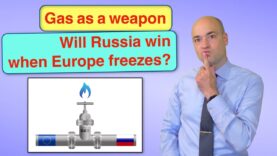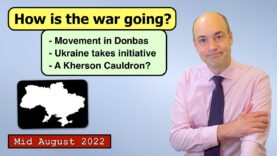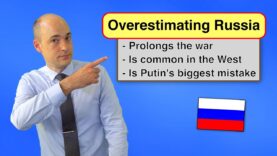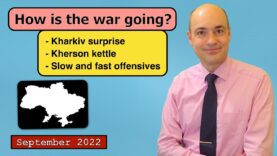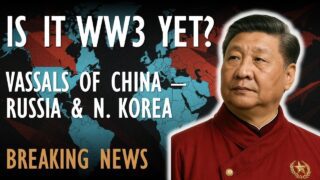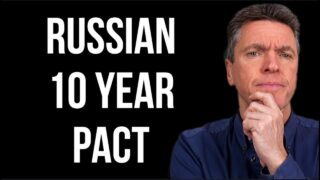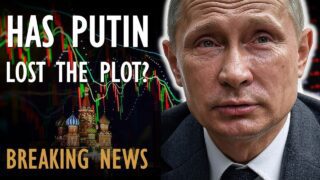Gas shortage and the war in Ukraine
Video Summary
The article discusses the role of gas in the Ukraine-Russia conflict, specifically Russia’s strategy to use gas supplies to pressure Europe and the West to abandon their support for Ukraine. The author argues that this strategy is unlikely to be successful, as there are several assumptions built into it that may not come to pass.
The first assumption is that a gas crisis would need to be severe enough to cause widespread disruption in Europe. However, the author believes that this is unlikely, as there is enough gas available for domestic use, and the crisis would not be severe.
The second assumption is that Europeans would see Russia as the solution to the crisis and would be willing to normalise relations with Russia to resolve the situation. However, the author believes that this is unlikely, as there are other alternatives available, such as coal and atomic power, and that Europeans would be unwilling to compromise on their values to accept Russian gas.
The third assumption is that the West would stop supporting Ukraine if a severe gas crisis occurred. However, the author believes that this is unlikely, as the US would not abandon its support for Ukraine, regardless of the crisis.
The final assumption is that if the West did stop supporting Ukraine, Ukraine would accept defeat and surrender. However, the author believes that this is unlikely, as Ukraine would continue to fight and Zelensky would use his rhetorical skills to try to regain Western support.
The author concludes that all of these assumptions are weak and that the chain of events necessary for Russia’s strategy to succeed is unlikely to come to pass. He believes that the Ukraine-Russia conflict is a separate issue from the gas crisis and that they should be treated as such.






